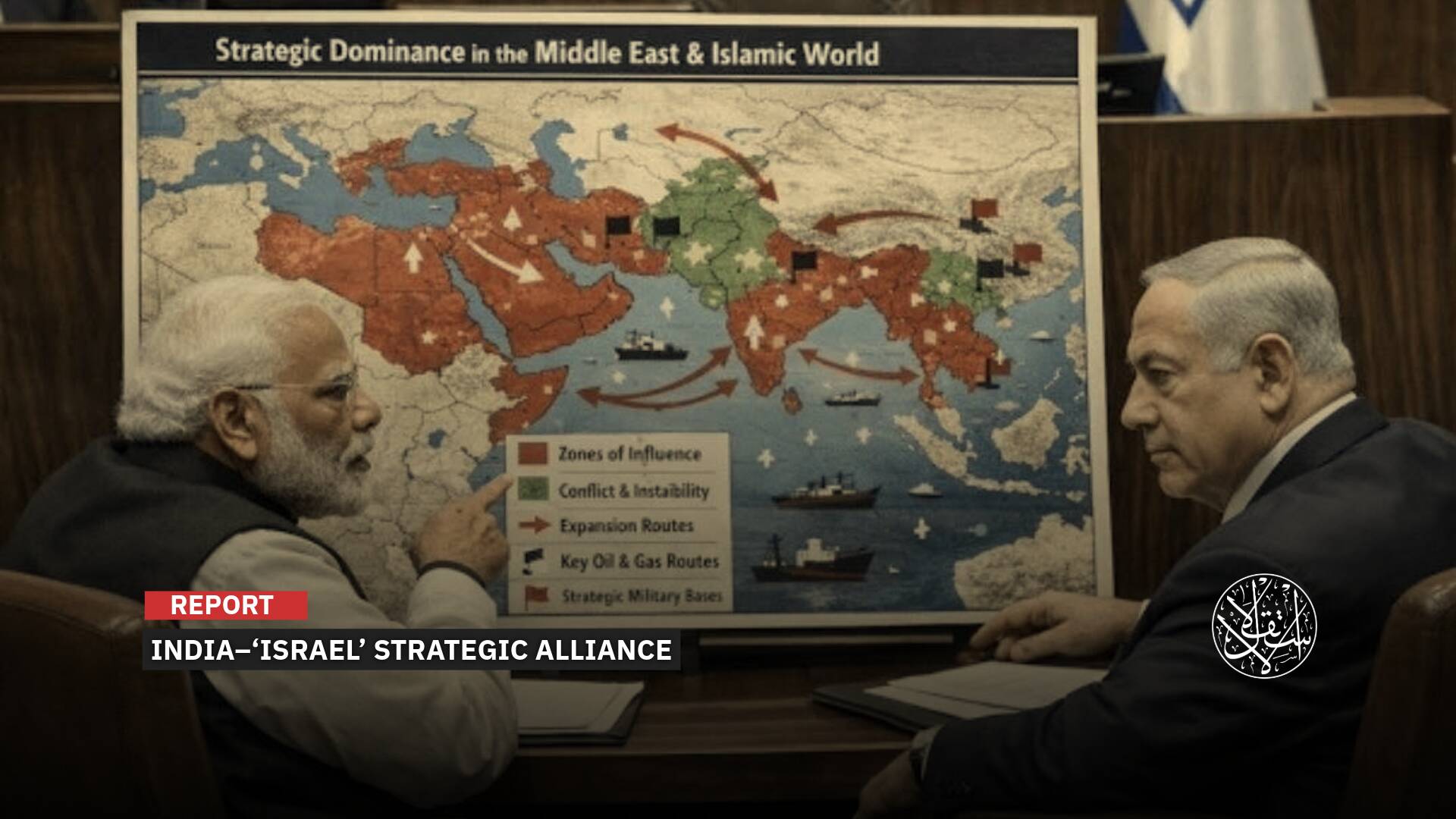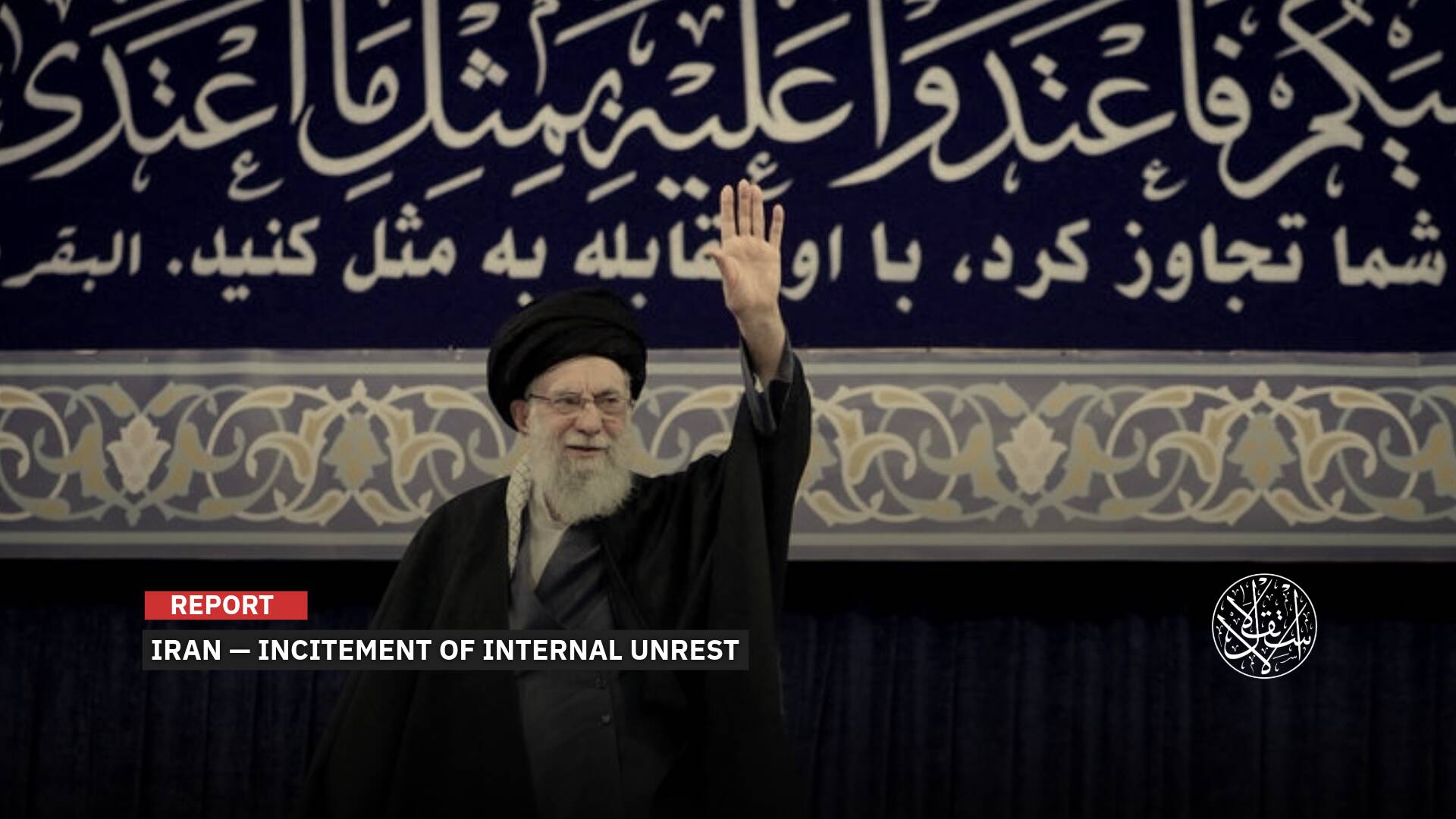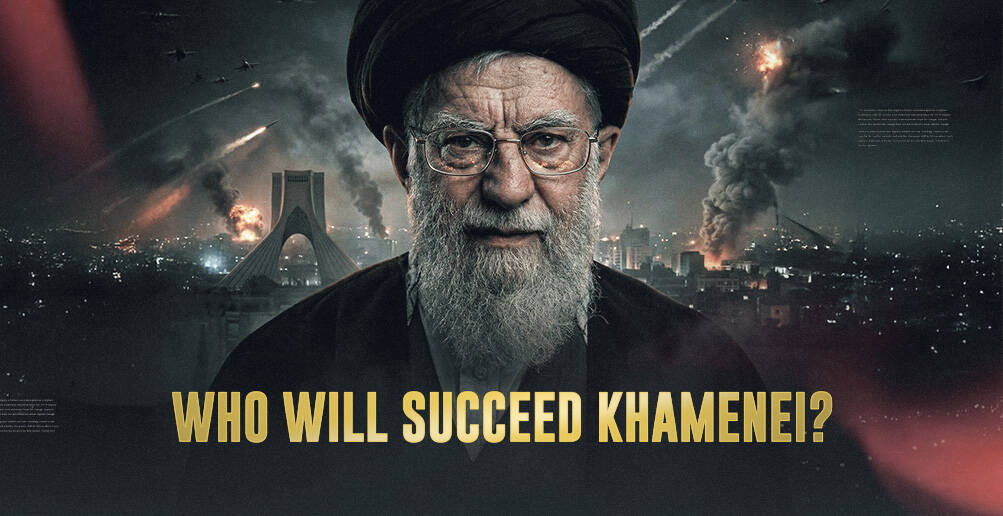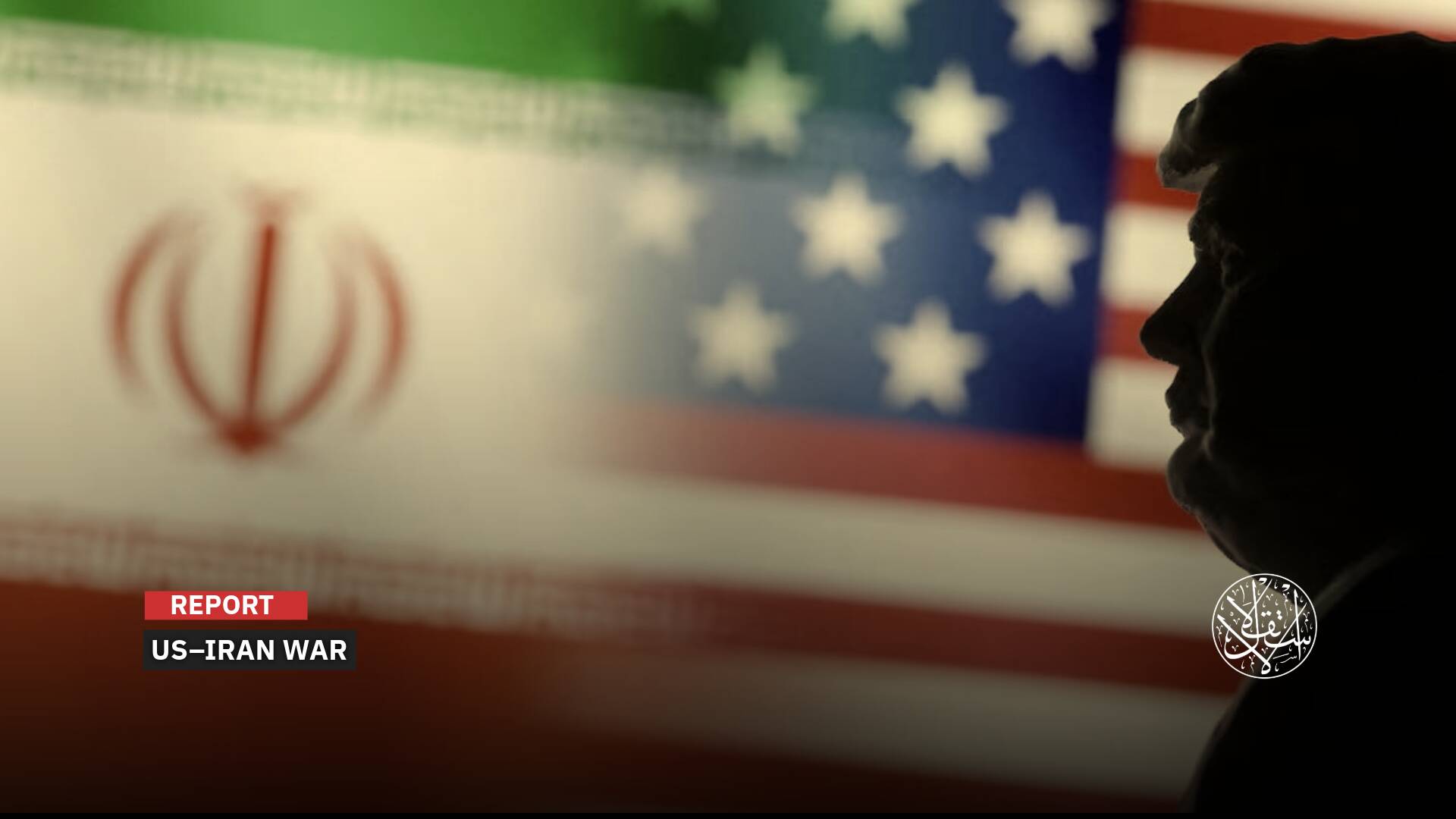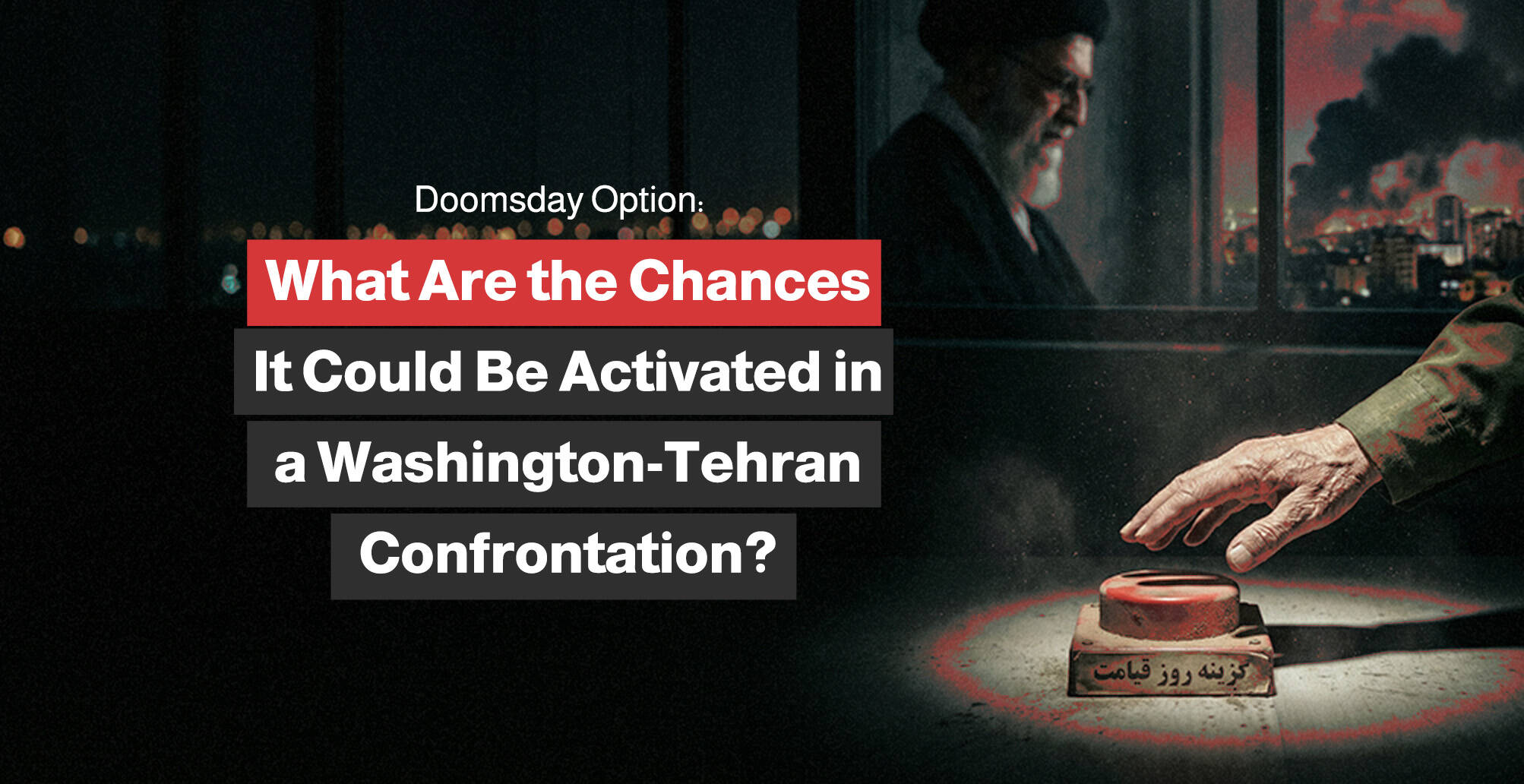While the UAE Plots Against Sudan: Why Does the Arab League Continue to Remain Silent?

While the UAE Plots Against Sudan: Why Does the Arab League Continue to Remain Silent?
Sudan was not just a regular member of the Arab League but an active and important participant in all its affairs since 1956.
One cannot forget the famous Khartoum Conference on August 29, 1967, following the defeat on June 5, 1967, known historically for its "three no's: no peace with Israel, no recognition of Israel, and no negotiations with Israel."
Today, Sudan faces one of the greatest challenges in its history, witnessing a fierce civil war between the army and the rebel Rapid Support Forces, resulting in thousands of deaths and millions displaced, while nearly 20 million people are at risk of famine.
This raises questions about the role of the Arab League and what it should do to mitigate the war and its effects. Why has the Arab League failed to lift Sudan from its unprecedented crisis?
Bahrain Summit
On May 16, 2024, the Arab League Summit concluded its 33rd regular session, focusing on the war in Gaza, the conflict in Sudan, and the situations in Syria, Libya, Somalia, and Lebanon.
The final statement of the Arab League Summit merely urged the Sudanese government and the Rapid Support Forces to "seriously and effectively engage with settlement initiatives" to "end the ongoing conflict and restore security and stability."
Sudan's State Commissioner at the summit, Foreign Minister Hussein Awad Ali Muhammad, spoke about Sudan's deteriorating situation.
"The war caused by the Rapid Support Forces has had devastating effects on the country and the region," he said.
The Sudanese Foreign Minister accused the Rapid Support Forces of working under a twisted agenda to carry out the plans of regional countries.
He called on countries that he described as "supporting the rebel militias" to cease supplying them with generous support, without which "the terrorist militias could not have continued their rebellion."
It is worth mentioning that on April 27, 2024, Sudan submitted a request for an emergency session of the UN Security Council to discuss the "UAE's aggression against the Sudanese people" and its support for the Rapid Support Forces in the war they are fighting with the army.
Article 5 of the Charter of the Arab League states that if a dispute arises concerning the independence, sovereignty, or territorial integrity of a state, and the Council of the Arab League is called upon to settle this dispute, its decision shall then be binding.
Article 2 of the Protocol of the Council of the Arab League states that the Council is concerned with implementing agreements concluded among its member states, holding periodic meetings to strengthen relations between them, and coordinating their political plans to achieve cooperation among them.
The Arab League is also tasked with safeguarding the independence and sovereignty of its member states from any aggression by all possible means and generally considering the affairs of the Arab countries.
Despite these charters, the Arab League has not taken decisive steps to save Sudan, and its leaders' statements have been disappointing.
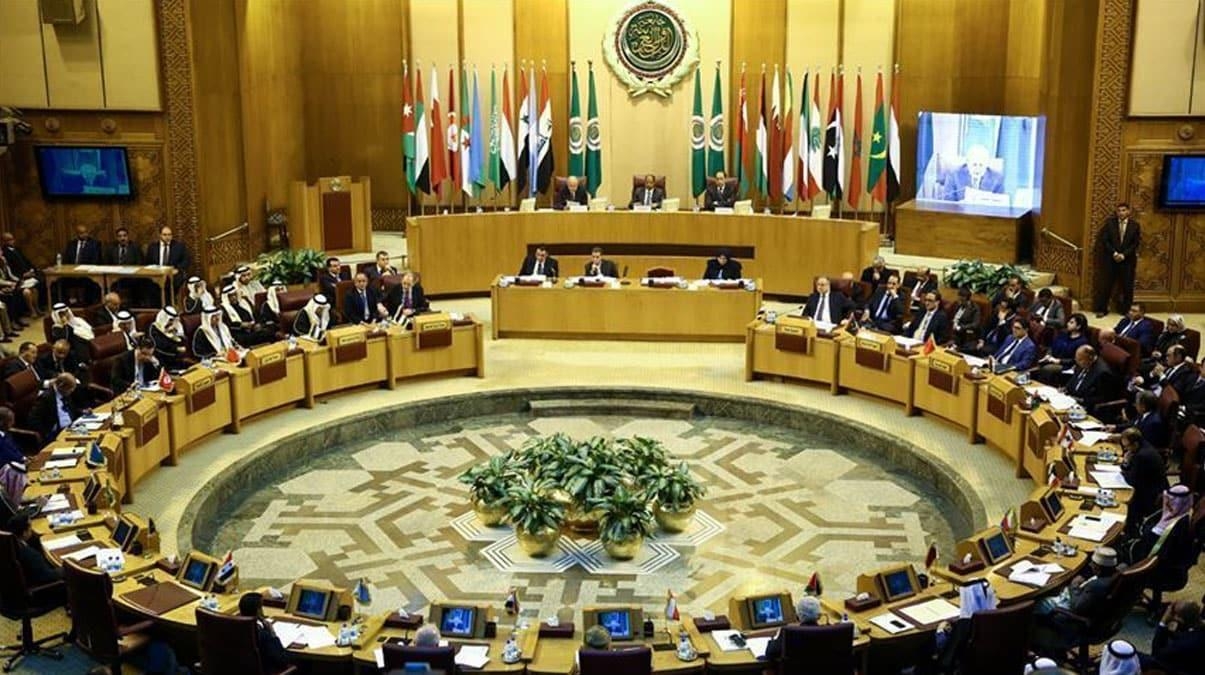
A Paralyzed Entity
On March 13, 2024, Bloomberg Asharq reported that the Secretary-General of the Arab League, Ahmed Aboul Gheit, emphasized the importance of listening to all Sudanese parties and individuals who have a vision for the current situation, and how to cease fire and end the current crisis.
The Secretary-General stated that the League, with its political and moral weight, influence, and consensus of the parties on its role and neutrality, has the potential and space to intervene in such crises.
He stressed that the Sudanese crisis occupies a high priority considering its catastrophic humanitarian effects, refugee inflows, the suffering of the Sudanese people, and also the future of the Sudanese state.
Aboul Gheit's remarks positioned the League as seemingly neutral amidst a catastrophic crisis, reminiscent of a report issued by The Economist in May 2016 about the Arab League.
It seems that this entity is drifting deeper, more than ever, into a state of oblivion, insignificance, and meaninglessness, and its renewal concept is replacing its eighty-year-old secretary-general with a seventy-year-old, in a meaningless change, according to the report. It referred to the former Egyptian Foreign Minister Ahmed Aboul Gheit, who became the Secretary-General of the League.
The report added that the Arab League is not alone in the struggle with the end of the era of heroes and the erosion of the ideology that unified it after the rise of nationalism. Unlike the European Union, it has failed to find a mechanism for managing disputes and is also paralyzed by sectarian and regional conflicts.
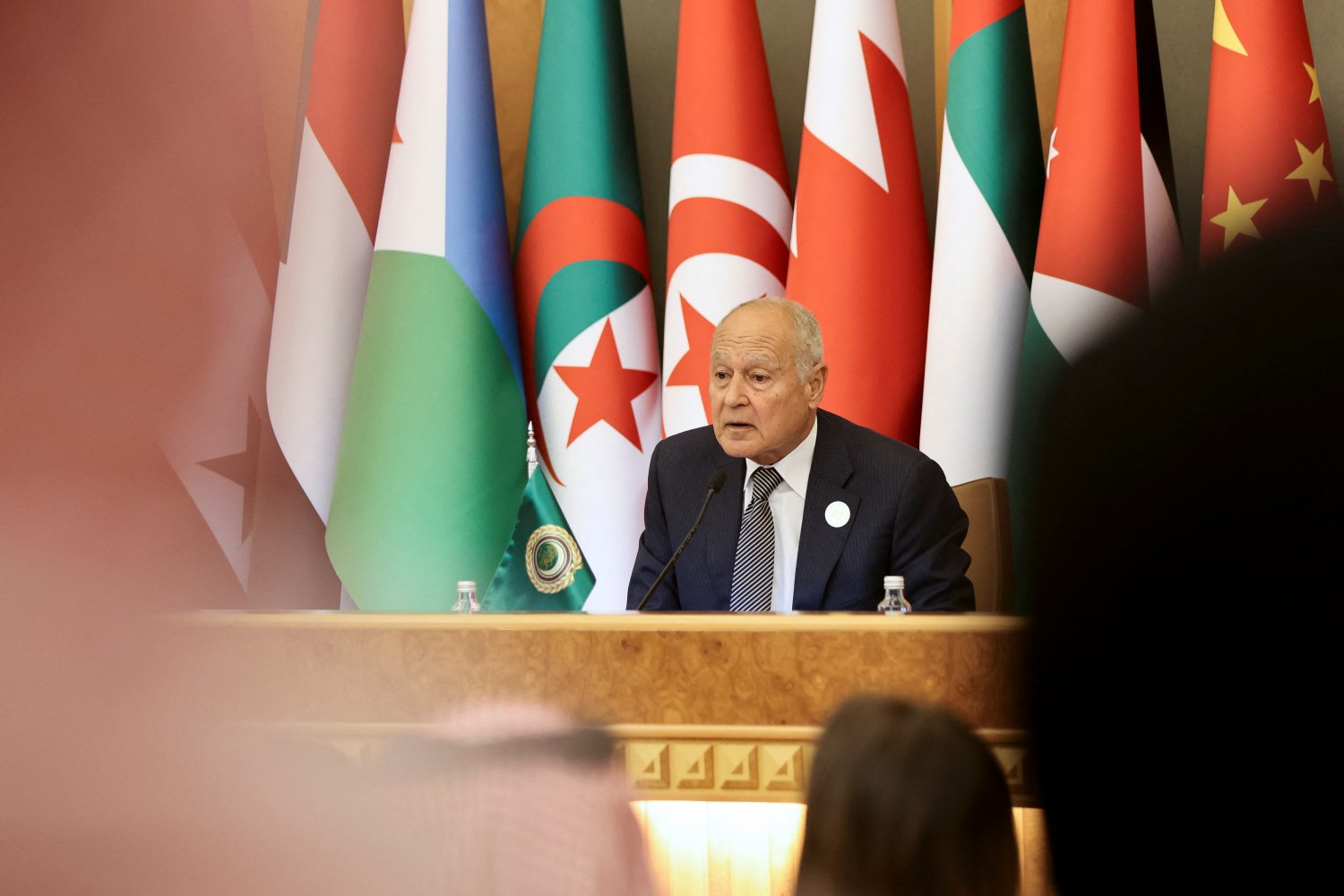
Reversed Trajectories
However, part of hindering the role of the League is the varied role of regional powers in Sudan, especially since the influence of external players has reached a stage where each side is entrenched in its position. Some of the different forces are strong and influential members of the League, making it difficult to align with any one party, even at the expense of Sudan's security and its people.
Egypt is a significant supporter of the Sudanese military and shares long borders with Sudan, considering its southern neighbor an integral part of its national security.
Sudanese Army Commander Abdel Fattah al-Burhan recently approached Iran, although Iran is not a member of the League of the Arab States. However, it contributed to multiple shifts in the conflict circle, especially militarily, when it provided marches that decisively influenced many battles, particularly in Omdurman.
On the other hand, the UAE is the biggest and most important supporter of Hemedti, the leader of the Rapid Support Forces militia. In December 2023, Sudan requested 15 Emirati diplomats to leave the country after accusing a prominent Abu Dhabi army commander of supporting the Rapid Support Forces.
This coincided with protests in Port Sudan demanding the expulsion of the Emirati ambassador.
In August 2023, The Wall Street Journal reported, citing Ugandan officials, that weapons were found on a UAE cargo plane supposed to transport humanitarian aid to Sudanese refugees in Chad. However, it was a cover for providing the Rapid Support Forces with weapons, which are used to kill both military personnel and civilians simultaneously.
In all these challenging scenes, the Arab League was absent in its decisions or positions to stop the bloodshed in Sudan.
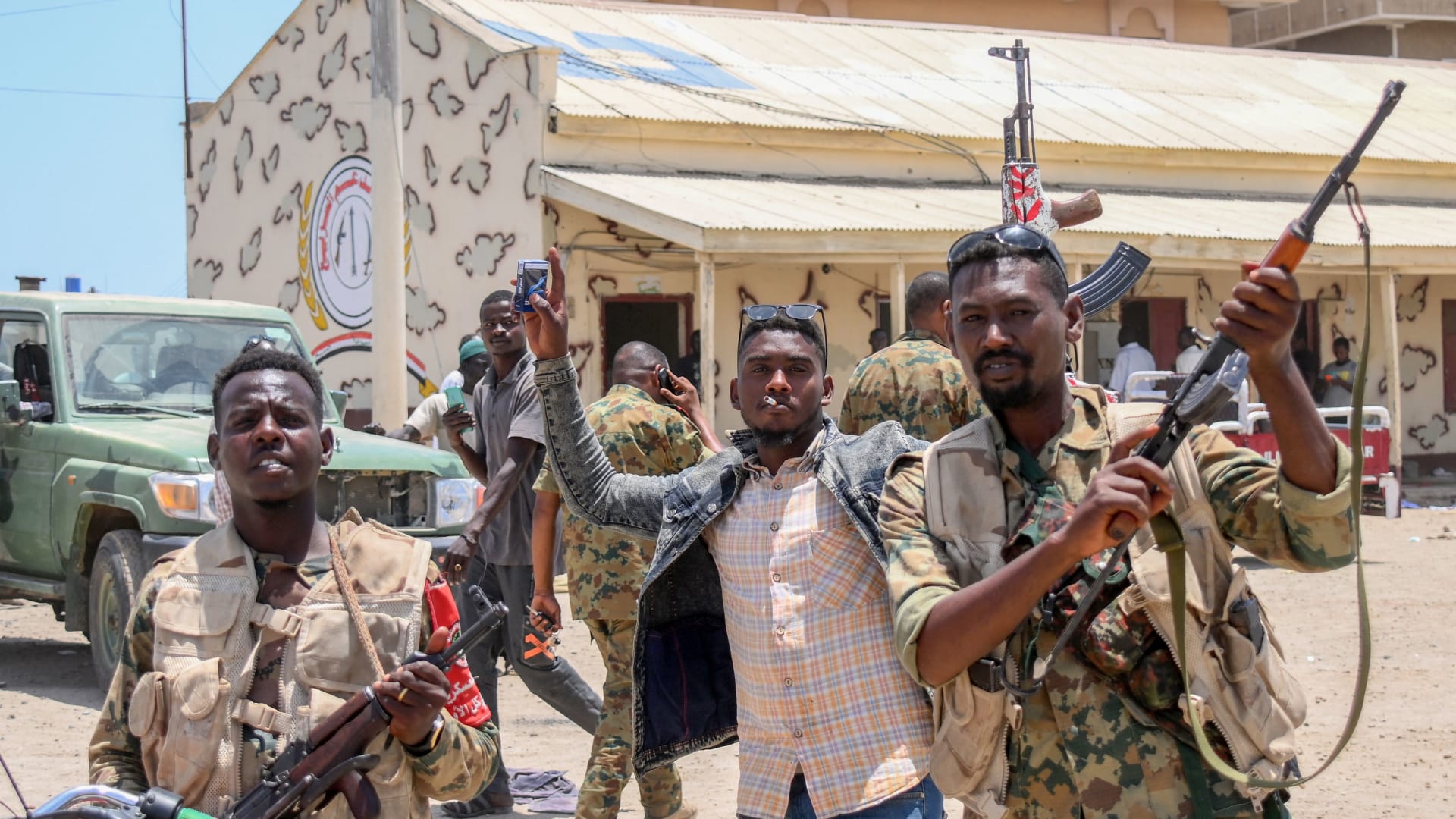
With No Importance
Commenting on the scene, Sudanese politician and former member of the National Congress Party Dr. Omar Khadr stated, "We used to mock the Arab League a lot, and we called it ‘al-Hamboul,’ a popular term implying an institution without significance or effectiveness, due to its disgraceful roles in all Arab forums, not only in Sudan.
"Let's look at the First and Second Gulf Wars and what happened to Iraq, and let's look at the Palestinian issue throughout its history. What has the Arab League offered?"
He continued, "Sudan itself has gone through various harsh stages, starting with the war due to the South's secession and American bombardment, then the Darfur War, and now the current civil war that threatens the very existence of the state itself. So what have the Arabs done? They conspired and played on the narrow interests of regimes, whether in Abu Dhabi, Cairo, or Riyadh.
"Every entity is subject to its effectiveness and the reason for its existence. For example, in the past, there was the League of Nations [established in 1919] which was launched after World War I with the purpose of preventing a devastating war like the one that occurred. However, when it failed and World War II broke out (1939–1945), the organization was dissolved, leading to the formation of the United Nations from its remnants.
"I am no longer surprised when we see the situation in Sudan and how it has deteriorated. Some veteran Sudanese politicians like Mosaddiq al-Sawi [a Sudanese leftist writer] demand Sudan's withdrawal from the Arab League, believing that Sudan's presence within that group has contributed to its downfall and failure.
"This is especially true since there are Arab capitals like Abu Dhabi that conspired against Khartoum and helped escalate the conflict to its current state. When militias are supported with arms, money, manpower, intelligence, and logistical support, you are igniting a war fueled by the people of Sudan and its nation.
"All of this was done under the watchful eye and ears of the Arab League, which as usual, contented itself with watching, issuing condemnations, and making recommendations that did not offer or delay anything.”
Sources
- Arab League: The Sudan crisis is a priority and we are ready to host a dialogue that includes the parties [Arabic]
- The conclusion of the Arab Summit in Manama with the Bahrain Declaration, which called for stopping the war in Gaza and coordinating a joint Arab effort to provide humanitarian aid to the Strip [Arabic]
- After Abu Dhabi’s message: Sudan heads to the Security Council due to “UAE aggression” [Arabic]



